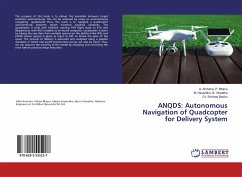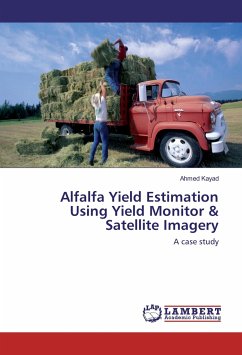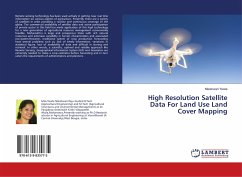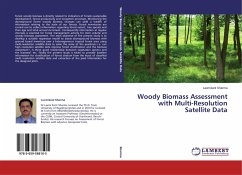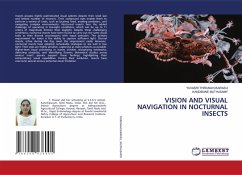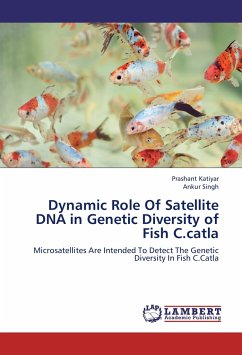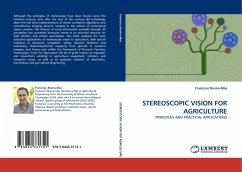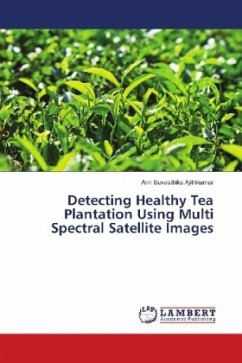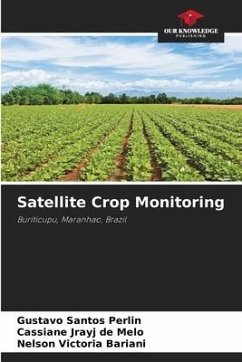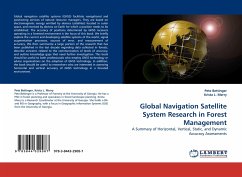
Global Navigation Satellite System Research in Forest Management
A Summary of Horizontal, Vertical, Static, and Dynamic Accuracy Assessments
Versandkostenfrei!
Versandfertig in 6-10 Tagen
32,99 €
inkl. MwSt.

PAYBACK Punkte
16 °P sammeln!
Global navigation satellite systems (GNSS) facilitate navigational and positioning services of natural resource managers. They are based on electromagnetic energy emitted by devices (satellites) located in outer space, and received by devices on Earth for which a position needs to be established. The accuracy of positions determined by GNSS receivers operating in a forested environment is the focus of this book. We briefly explore the current and developing satellite systems of the world, signal augmentation processes, sources of error, and measurement of accuracy. We then summarize a large po...
Global navigation satellite systems (GNSS) facilitate navigational and positioning services of natural resource managers. They are based on electromagnetic energy emitted by devices (satellites) located in outer space, and received by devices on Earth for which a position needs to be established. The accuracy of positions determined by GNSS receivers operating in a forested environment is the focus of this book. We briefly explore the current and developing satellite systems of the world, signal augmentation processes, sources of error, and measurement of accuracy. We then summarize a large portion of the research that has been published in the last decade regarding data collected in forests, describe concerns related to the communication of levels of accuracy, and outline knowledge gaps that need further investigation. This book should be useful to both professionals who employ GNSS technology or advise organizations on the adoption of GNSS technology. In addition, the book should be useful to researchers who are interested in assessing horizontal and vertical accuracy of GNSS technology in a forested environment.



